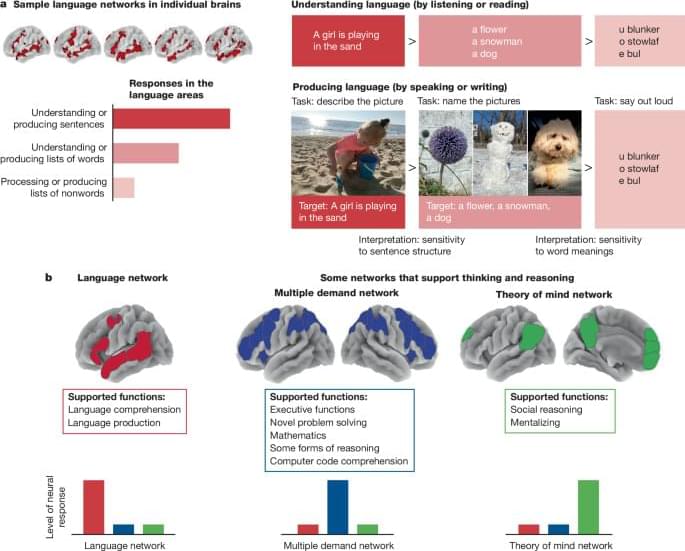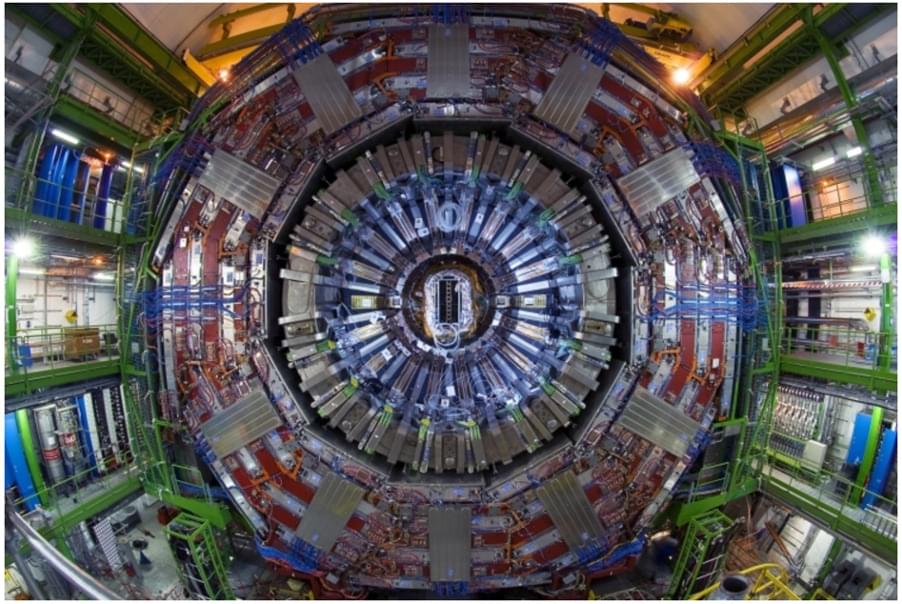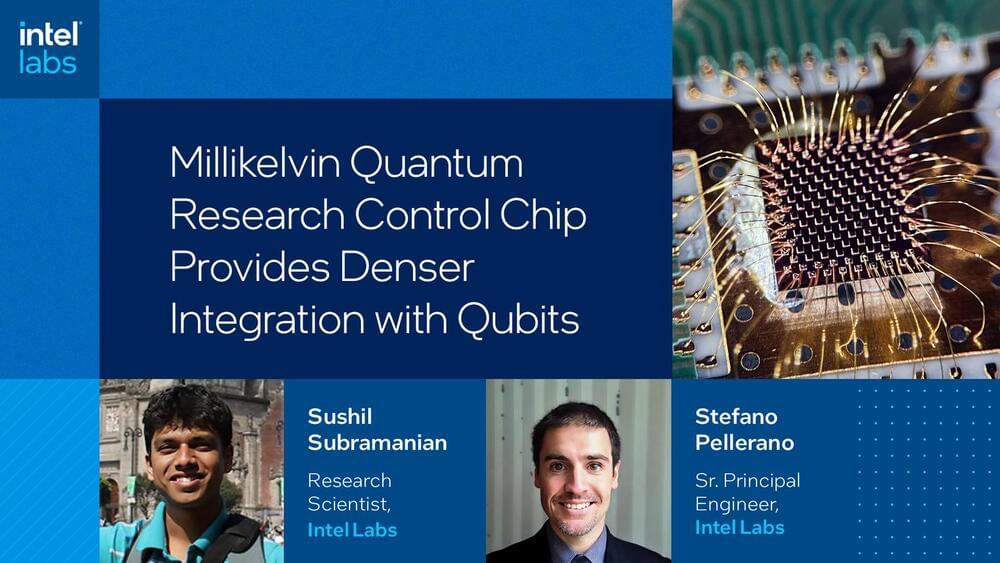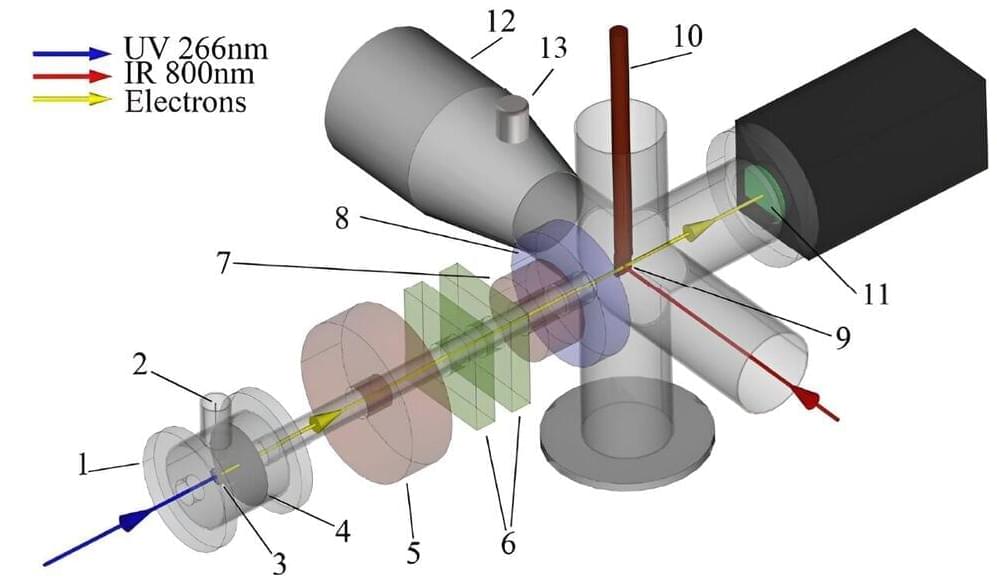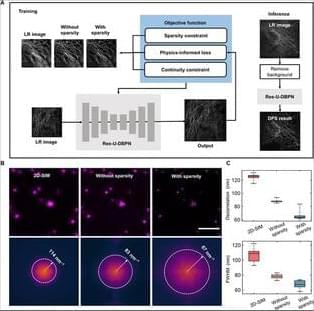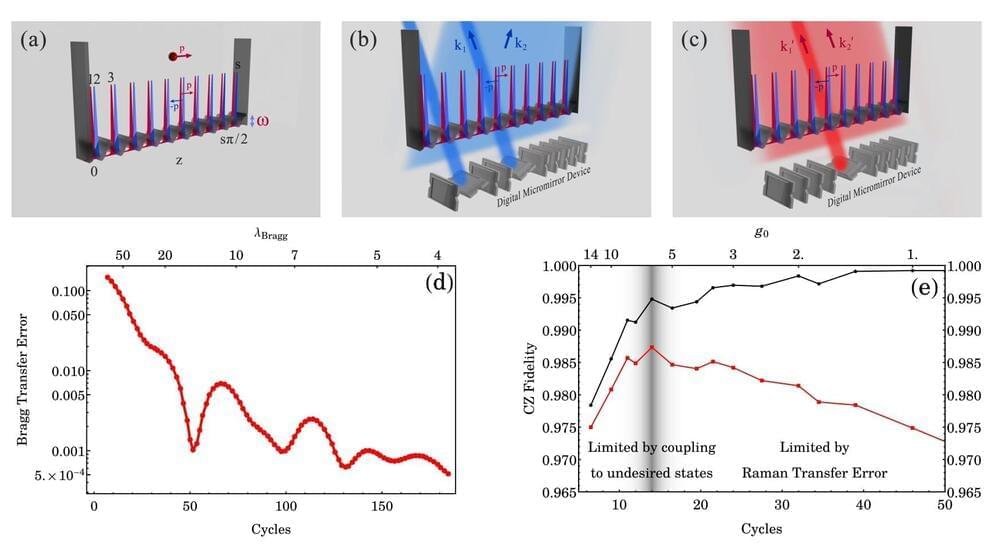Why are neutrinos so light?
Did you know that every second more than 100 trillion tiny particles called neutrinos pass through your body without causing any harm? These mysterious particles are produced abundantly throughout the universe in events like nuclear reactions in the sun, radioactive decays in the Earth’s crust, and in high-energy collisions in space. In particular, these subatomic particles play a crucial role in the explosive deaths of stars known as supernovae, where they act as the driving force behind the explosion. Despite their abundance in the universe, they are incredibly difficult to detect directly in experiments since they pass right through any matter and only interact extremely rarely. At the LHC, their existence can only be inferred indirectly by summing up the energy of all other particles produced from the proton collisions and looking for missing energy that has been carried away by the neutrino, which escaped the experiment undetected.
Neutrinos are a type of fundamental particle known as a lepton and they are electrically neutral. They stand out among fundamental particles because of their peculiar characteristics. Not only do they interact exceptionally rarely, but they also possess a minuscule mass, approximately 500,000 times lighter than that of an electron. One possible explanation for the smallness of their mass is given by the “seesaw” mechanism. According to this theory, there exist additional new fundamental particles that are electrically neutral. The mechanism postulates that the masses of these new particles, known as “heavy neutral leptons” (HNLs), are mathematically linked to those of the normal neutrinos, like two sides of a seesaw. The theory also predicts that the HNLs will “mix” with their known cousins, neutrinos. This means that a neutrino, produced in an LHC collision, can change into an HNL, and the HNL can then decay back into known particles that the LHC experiments can detect!
The seesaw explanation for the neutrino mass is particularly attractive and various searches for HNLs have been performed at the LHC and by other experiments in the past (see an example where CMS muon detectors are exploited in such a search). The CMS Collaboration has recently published a new search that makes the assumption that the mixing between the HNLs and neutrinos is very small. In this special case, the HNL can be “long lived” and travel macroscopic distances away from the collision point before decaying. Experiments can then take advantage of the unusual signatures from these “displaced” particle decays when trying to find evidence for the existence of HNLs.



